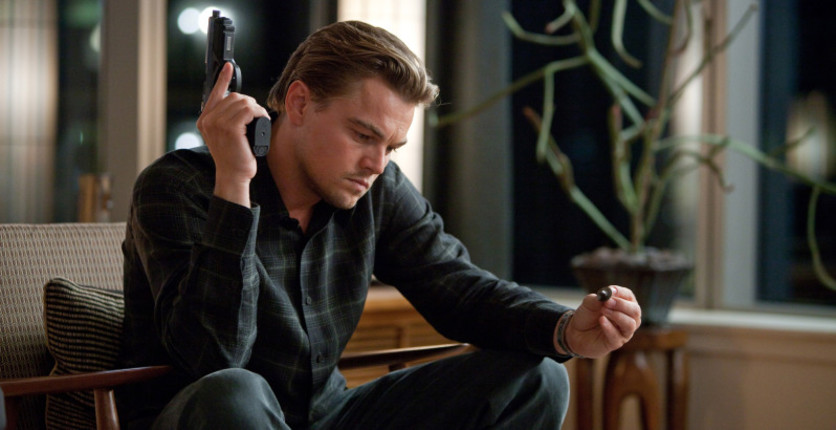
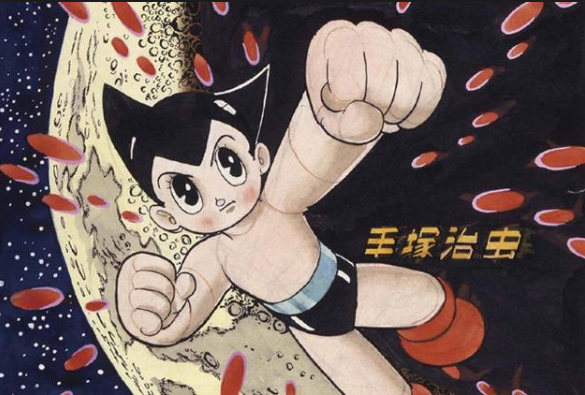
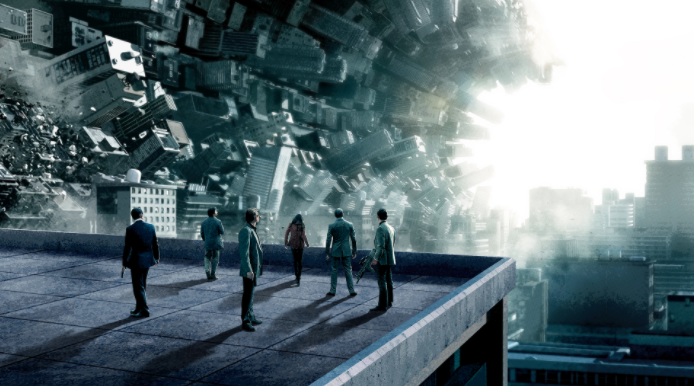
Hands down, Inception is one of the best heist films of the decade. It’s intelligent, allegorical, and captivating. Who wouldn’t like to see Leonardo DiCaprio lead a team of surreal gangsters that insert ideas into people’s minds? It’s an incredible concept for an action film, especially because of all the paradoxes it entails. Furthermore, its dream scenario also withholds an overwhelming potential for mind-bending sequences. The idea of creating a film within the universe of a character’s mind, however, wasn’t originally made by Christopher Nolan. He drew his inspiration from a surreal anime called Paprika.
Both revolve around the same concept: the misuse of dream technology and the power of controlling the unconscious. The protagonists of the animated film, however, are not a group of dream gangsters, but scientists who are looking for an apparatus with the power of accessing anyone’s mind. Their journey for the device comes from the desire of protecting the world from someone who would use it incorrectly. Fortunately, both films are equally great, and the surrealism of their atmospheres is both confusing and compelling.
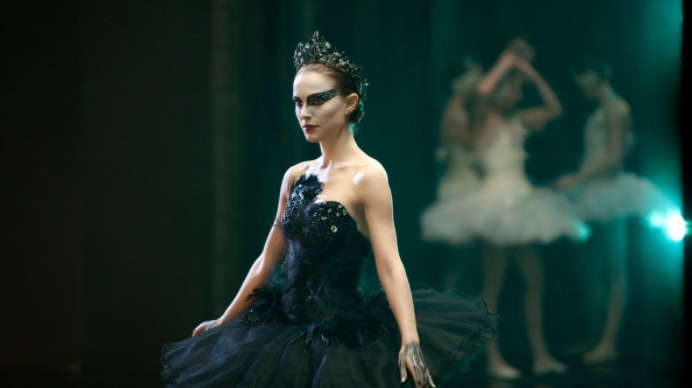
Nolan wasn’t the only Hollywood director to find inspiration in Satoshi Kon’s enthralling work. Darren Aronofsky, the genius behind mind-blowing films such as Pi, Requiem for a Dream, and Noah, visited the same source of Japanese wisdom as the director of The Dark Knight. The film that inspired this director is a psychological thriller from the mid nineties called Perfect Blue. Written during the boyband/girlband craze, it revolves around the life of a character named Mimari, a J-pop star who’s trying to shift her career towards serious acting. On her way to stardom, however, she starts to lose her sense of reality because of a blog that writes about her life in intimate detail. Afterwards, she will start having an excruciating fight with her alter ego. Aronofsky’s Black Swan follows a similar conflict. In it, the rising ballet dancer is cast to play Odette and Odile in Tchaikovsky’s Swan Lake, yet her overwhelming endeavor makes her lose control of her own psyche. Two amazing films about artistic labor and psychological torment.
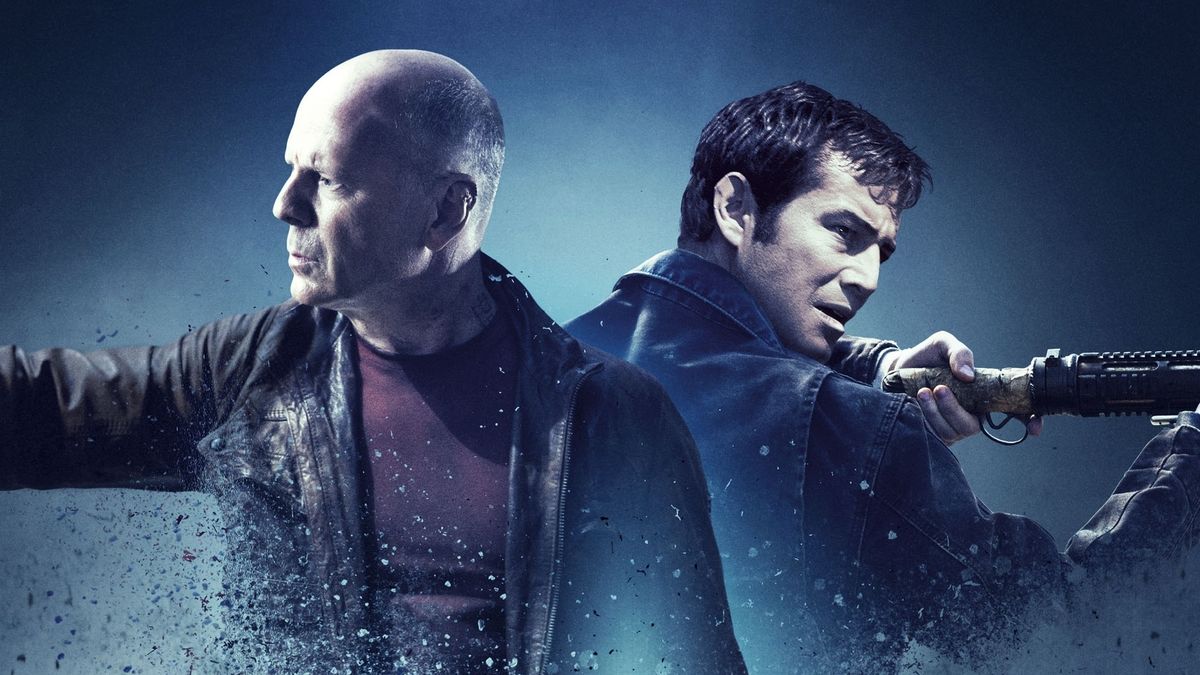
Looper is in itself a sort of homage to the greatest sci-fi films ever made. First of all, its trashy cyberpunk world reeks of the Blade Runner universe, and its lead rowdy hero, played by Joseph Gordon Levitt, is clearly inspired by the film’s saucy detective Rick Deckard. Moreover, the whole loop structure of the film echoes Twelve Monkeys, something that’s rather obvious given the casting choice of Bruce Willis. However, another hidden influence of Rian Johnson’s debut is the game-changing Akira, Katsuhiro Otomo’s gift to the world of Japanese animation. This is not only visible in the fact that both films take place in drug-fueled dystopias, but also because their telekinetic villains are eerily similar.
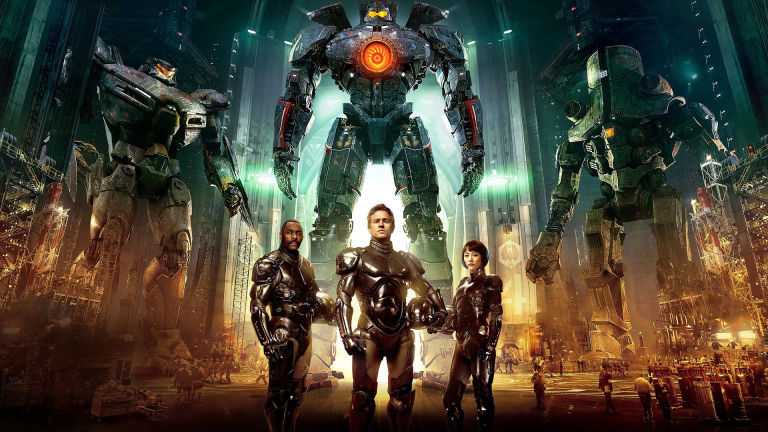
This is kind of a cheat because the “monster vs giant robots” subgenre goes back to the fifties post-war Japanese series Ultraman. Being the king of geekness, Guillermo del Toro did his own homage to the series with Pacific Rim, perhaps the most epic blockbuster of the decade. Yet, it is clear that the massive “jaegers” he designed to protect the Earth weren’t designed out of the blue, and neither were the nasty kaiju menaces. Both of them show a clear inspiration in the characters of the cult anime series Mobile Suit Gundam and the sweet 90s classic Neon Genesis Evangelion, even though Del Toro took more from the designs than their actual storylines (in a Q&A on Reddit he even claimed to have not seen the latter). All in all, I think we should all be grateful for getting the chance of seeing these humongous robots and monsters in high-quality live-action, especially under the care of a director as precise and effective as Del Toro.
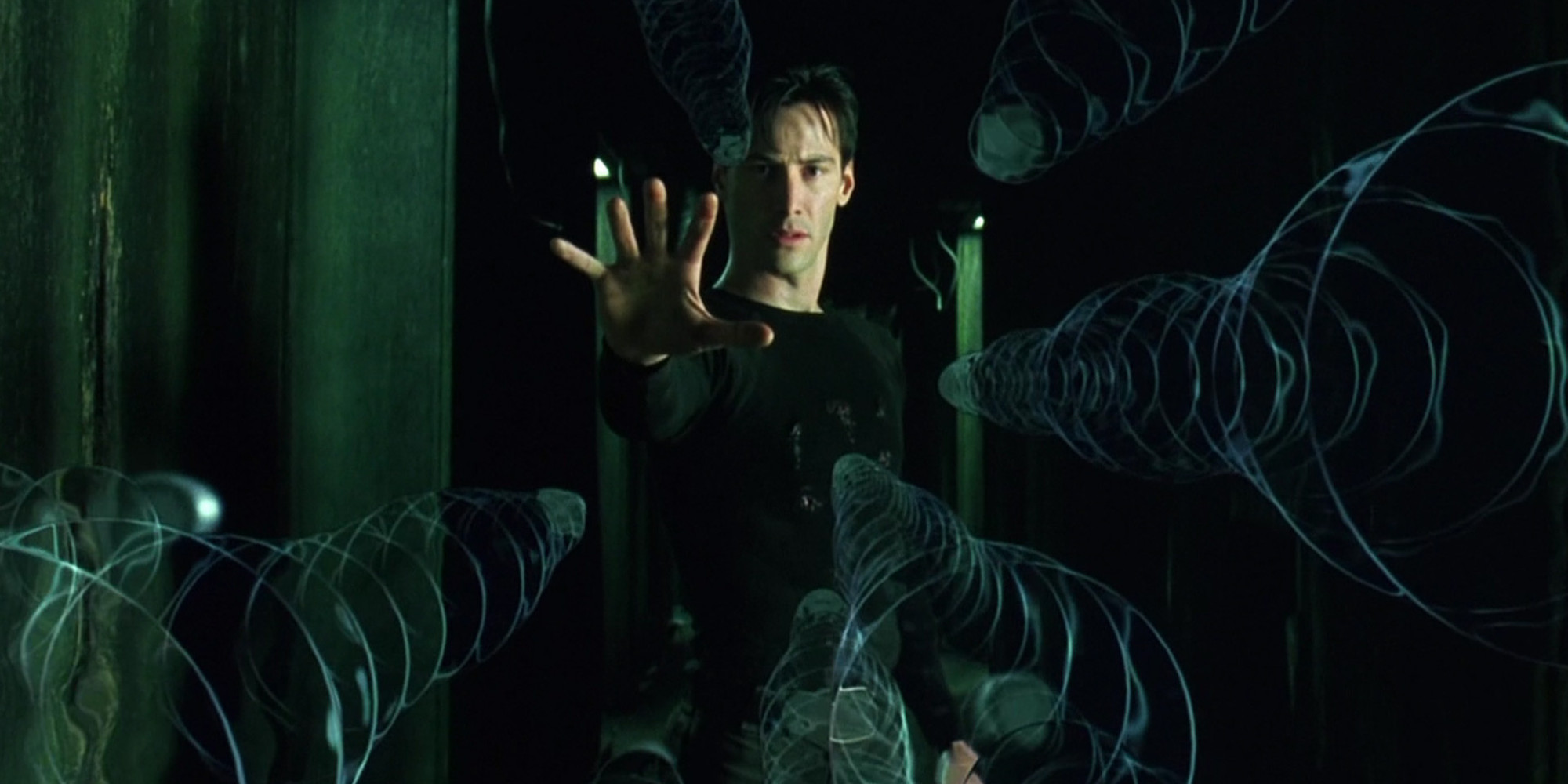
The Wachowskis’ film that brought cyberpunk to the mainstream table didn’t come out of nowhere. It is said that during their first pitch for the film, they brought a tape of Mamoru Oshii’s movie to explain their vision to the producers. Watching the two films closely, the similarities between them are striking. Both of them deal with the theme of a machine acquiring conscience and the stylistic similarities are stunning. Hell, even the trademark green numbers scrolling of the Wachowskis’ film were taken from its Japanese predecessor. Still, they’ve always acknowledge Oshii’s influence for the film. Meanwhile Oshii, with trademark Japanese humbleness, has said he preferred Neo’s story to his own film.
As you can see, the influence that anime has exerted over Hollywood films goes deep to their bone and has made them push their horizon beyond their thematic and stylistic boundaries. Can you think of any other films that stem from Japanese animation?
Leave a comment